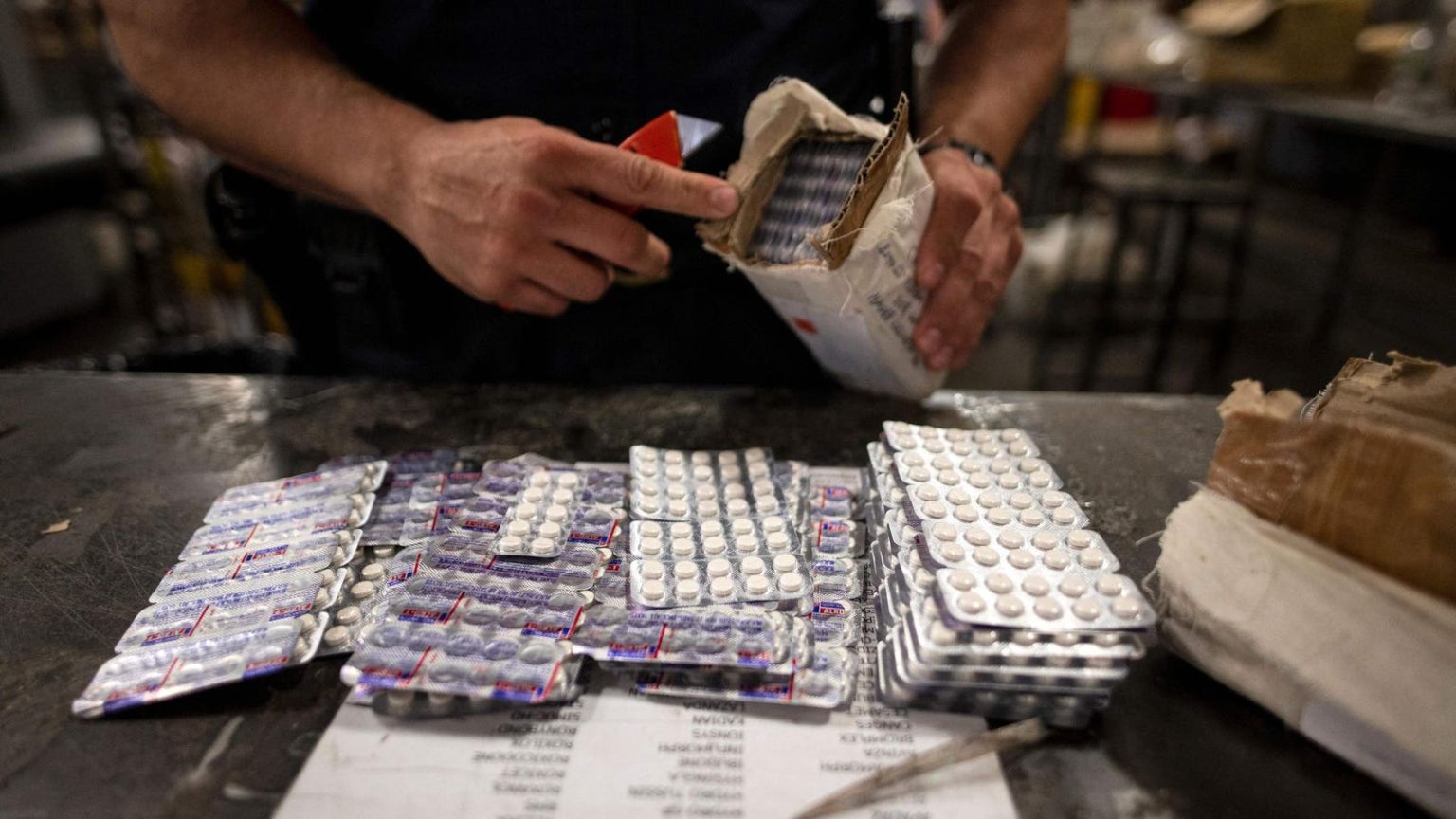Oregon’s attempt to decriminalize drugs has come to a halt as Governor Tina Kotek signed a bill imposing new criminal penalties for drug possession, effective September 1. This move reverses the efforts of Measure 110, which aimed to address drug possession offenses with fines and focus on addiction treatment and services. The new law still prioritizes treatment and alternatives to incarceration, offering pathways to steer individuals away from jail and investing in addiction services facilities. Future convictions will also be expunged after three years.
Despite Measure 110 being approved by 58% of voters in Oregon in 2020, concerns about drug use in the state led to a bipartisan decision to reevaluate the law. The state saw a significant increase in overdose deaths, tripling from 2019 to 2022, and a CDC analysis revealed a 44% spike in drug overdose deaths between October 2022 and 2023. Critics of Measure 110, including Republican state Rep. Jeff Helfrich, labeled it as a disaster due to the rise in public drug use and overdose deaths, with some attributing poor implementation as a contributing factor.
Oregon’s new framework is estimated to result in 1,333 new convictions annually, a 16% decrease from pre-decriminalization numbers. However, the impact of decriminalization on overdose rates and drug abuse remains unclear. Studies have yielded conflicting results, with one from New York University finding no link between decriminalization and fatal overdoses, while another from the University of Toronto suggesting a connection. Lawmakers who opposed recriminalizing drugs expressed concerns about potential racial disparities in law enforcement tactics, with Democratic Sen. Lew Frederick cautioning against reinforcing punishment narratives that have historically failed.
Portland Democratic Mayor Ted Wheeler supported the decision to recriminalize drugs but emphasized the importance of continuing to build a robust mental health system. The decision to reverse decriminalization in Oregon reflects ongoing debates and challenges surrounding drug policy and addiction treatment. Democrats and Republicans worked together to address the increasing drug-related issues in the state, highlighting the need for comprehensive solutions to combat substance abuse effectively. Moving forward, it will be crucial to monitor the implementation of the new law and assess its impact on public health and safety.


